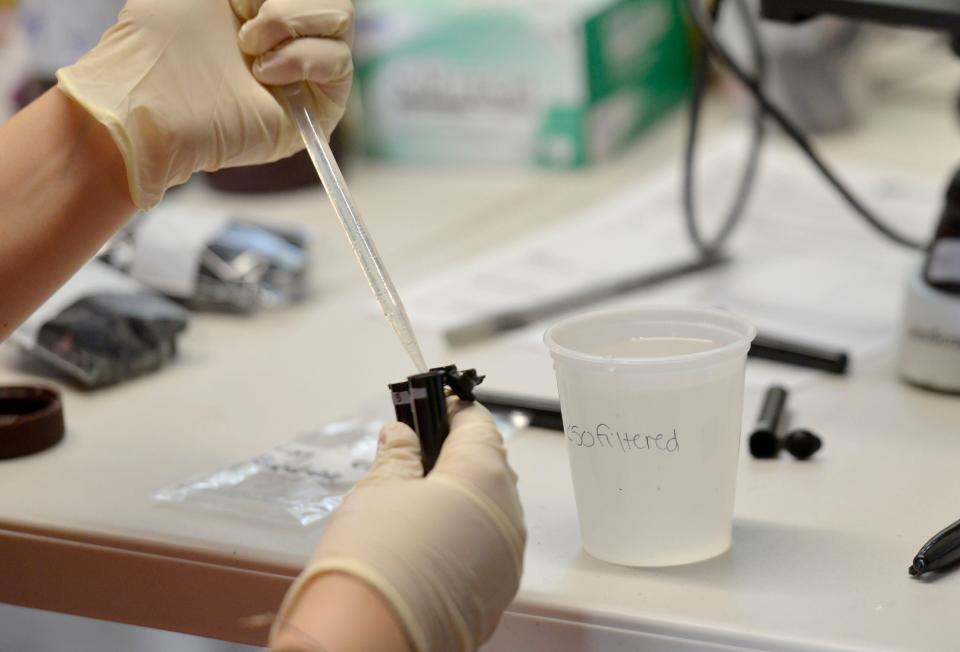Opinion/Your Turn: Sewers not only answer; enact stronger Title 5 laws
George Heufelder’s wise comments on this page on July 31 explain that more than half of Cape Cod homes will not get sewer systems. We cannot rely on that program to clean up our bays and ponds from the annual cyanobacteria blooms.
Cape Cod is shooting itself in the foot by ignoring its septic system crisis. Many studies from many parts of America show that contaminated ponds and bays substantially reduce property values. Tourism is affected, too.
Sewers are only a partial answer. They are very expensive, use tons of clean drinking water and electricity to pump the sewage, and don’t help the majority of Cape homeowners with their own septic issues.

New regulations: Septic system rules could change in early 2023, Bourne health board said
Heufelder has good ideas for addressing that decades-old problem, but I think his suggestions are not enough. We need better Title V rules.
I live on Long Pond in Centerville, and we are in the midst of another harmful algae bloom, with the Health Department recommending no swimming. This is our eighth consecutive year. Yet today a group of teenagers was diving off a floating swim island across the pond from us. A few days ago, it was an out-of-town family with small children swimming at a public access point. It is a dangerous situation.
Related: Discharging wastewater into Cape Cod Canal discussed again in Bourne despite past objections
My frustration comes from the fact that we know how to fix this. The source of the algae is phosphate from inadequate septics (even obsolete cesspools!) and lawn fertilizer. Both leak phosphate and nitrogen into the water from nearby homes. It is clear that individual homeowners do not have the incentives to fix this, yet our government fails to act.
The Massachusetts Department of Environmental Protection is proposing stricter Title V septic regulations, with generous loopholes and grace periods, yet all I hear is how that will be too hard, and the sewers won’t be in place in time to meet DEP’s deadlines. That logic might have been valid when it was first used in the 1970s but it doesn’t hold water now.
Related: Phinneys Harbor anticipated to be first focus of new septic systems reviews next year
There are innovative and alternative septic tanks that can clean up almost all of the phosphate and nitrogen, and we need programs to bring that technology to every home, even those proposed for sewers. It costs just a fraction of what the sewer connection would cost the homeowner. The new septic systems don’t waste electricity pumping millions of gallons of clean drinking water to flush the sewage to some remote treatment site.
'Things are worse': Cape Cod water quality is declining, says environmental group's report
Rather than push back on sensible, long-overdue Title V rule changes, we should be banding together to get group discounts and low-interest loans to install the new innovative septic systems. Dozens of known “failed septic” homes should be first in line. Then those who have not been inspected for decades. Less cost, less wasted drinking water and electricity, cleaner ponds and bays and higher property values.
Write your state legislators and town councilor and tell them to do it now.
Steve Waller, Centerville
This article originally appeared on Cape Cod Times: Cape Cod: Strengthen Title 5 septic system laws, sewers not only answer

